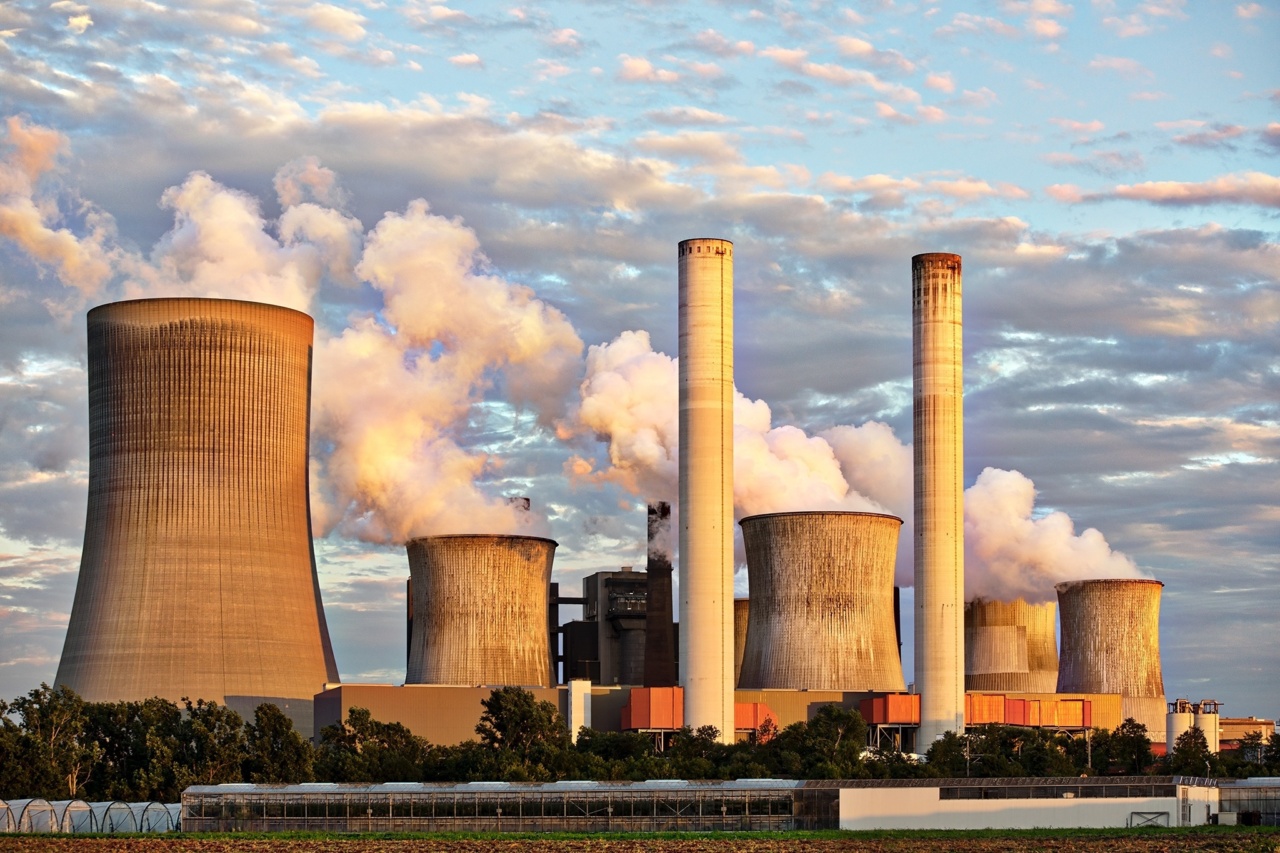Air pollution is a major problem in the world today. It not only affects the environment but also human health. The World Health Organization (WHO) estimates that air pollution causes 7 million deaths worldwide every year.
One of the organs that is affected by air pollution is the kidney. In this article, we will explore how air pollution affects the kidneys and what we can do to protect ourselves.
What is air pollution?
Air pollution is the presence of harmful substances in the air we breathe. These substances can be gases, particulate matter, or biological molecules.
The major sources of air pollution include industry, transportation, and burning of fuels such as coal, oil, and gas. Air pollution can also be caused by natural disasters such as wildfires and dust storms.
How does air pollution affect the kidneys?
The kidneys are responsible for filtering waste products from the blood and excreting them in the urine.
They also regulate the balance of fluids and electrolytes in the body and produce hormones that regulate blood pressure and red blood cell production. Air pollution can affect the kidneys in several ways:.
- Direct damage to the kidneys: Studies have shown that exposure to air pollution can cause damage to the cells of the kidneys. This can lead to inflammation, oxidative stress, and fibrosis, which can impair kidney function.
- Increased risk of kidney disease: Exposure to air pollution has been linked to an increased risk of chronic kidney disease (CKD). CKD is a condition in which the kidneys gradually lose function over time. It is a major public health problem, affecting up to 15% of the population worldwide.
- Worsening of existing kidney disease: People with CKD are more vulnerable to the effects of air pollution. Exposure to air pollution can worsen kidney function and increase the risk of complications such as cardiovascular disease and premature death.
Which pollutants are most harmful to the kidneys?
Several types of air pollutants have been linked to kidney damage:.
- Fine particulate matter (PM2.5): These are particles that are less than 2.5 micrometers in diameter. They can penetrate deep into the lungs and enter the bloodstream, where they can cause inflammation and oxidative stress. PM2.5 has been linked to an increased risk of CKD and kidney damage.
- Ozone: Ozone is a gas that is formed by the reaction of sunlight with pollutants such as nitrogen oxides and volatile organic compounds. It can irritate the lungs and cause respiratory problems. Ozone has also been linked to an increased risk of CKD and kidney damage.
- Nitrogen oxides (NOx): NOx are a group of gases that are produced by combustion processes. They can irritate the lungs and cause respiratory problems. NOx has also been linked to an increased risk of CKD and kidney damage.
- Sulfur dioxide (SO2): SO2 is a gas that is produced by burning sulfur-containing fuels such as coal and oil. It can irritate the lungs and cause respiratory problems. SO2 has also been linked to an increased risk of CKD and kidney damage.
What are the symptoms of kidney damage?
Kidney damage can occur without any symptoms. In fact, the kidneys can lose up to 80% of their function before symptoms appear. However, some people may experience the following symptoms:.
- Decreased urine output
- Swelling of the hands or feet
- Fatigue
- Nausea or vomiting
- Shortness of breath
How can we protect ourselves from air pollution?
There are several things we can do to protect ourselves from air pollution:.
- Reduce exposure: Avoid spending time outdoors when air pollution levels are high. Check the air quality index (AQI) before going outside.
- Wear a mask: Wearing a mask can help reduce exposure to air pollution. Choose a mask that filters out PM2.5 and other pollutants.
- Improve indoor air quality: Use an air purifier to remove pollutants from your home or office. Make sure your ventilation system is clean and functioning properly.
- Reduce emissions: Use public transportation or carpool whenever possible. Choose electric or hybrid vehicles if you can.
- Support clean energy: Support policies that promote clean energy such as wind and solar power. Use energy-efficient appliances and light bulbs in your home.
Conclusion
Air pollution is a serious problem that affects our health and the environment. The kidneys are one of the organs that are affected by air pollution.
Exposure to pollutants such as PM2.5, ozone, NOx, and SO2 can cause direct damage to the kidneys and increase the risk of CKD and kidney disease. We can protect ourselves by reducing exposure, wearing a mask, improving indoor air quality, reducing emissions, and supporting clean energy policies.






























